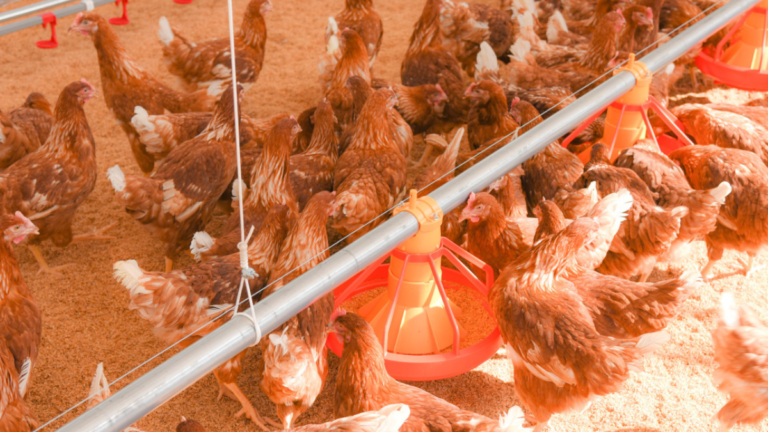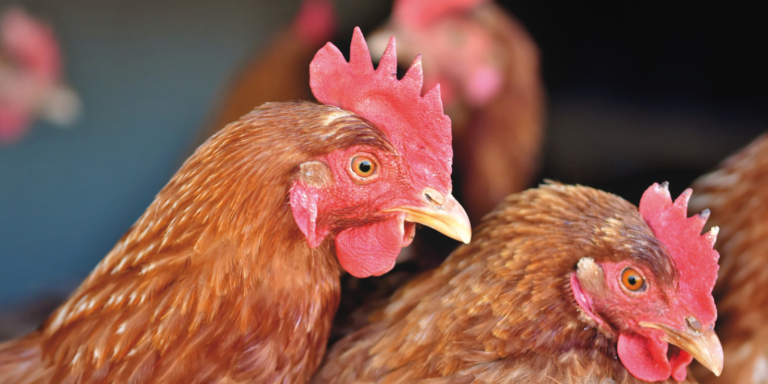
Category Farm animals

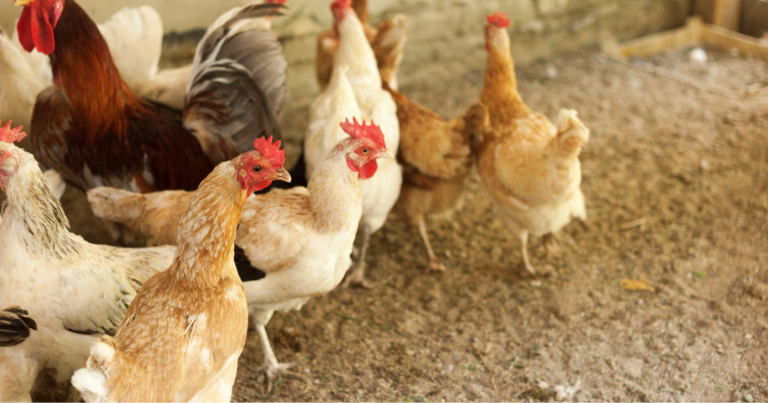
THREE NATURAL FOOD STORES COMMIT TO CAGE-FREE EGGS!
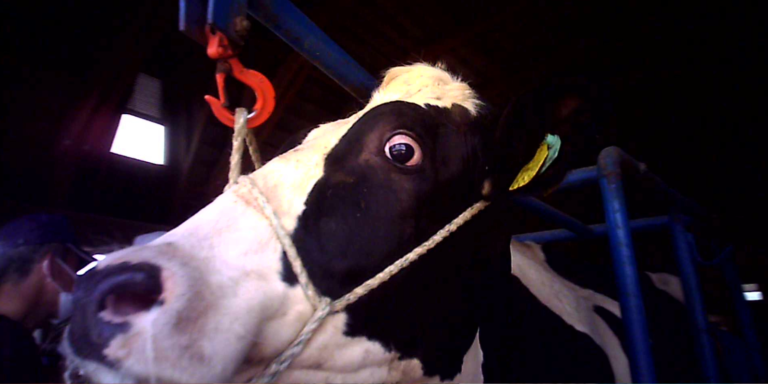
Exposed : Abuse of Dairy Cows at Ibaraki Animal Husbandry Center
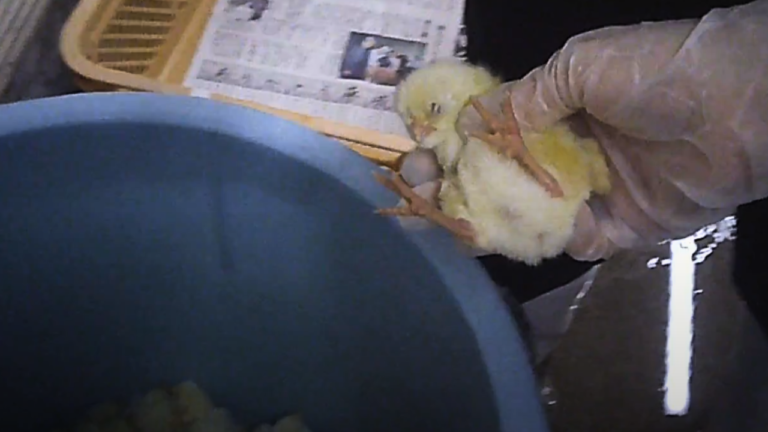
The First Ordeal of Broilers: The Hatchery
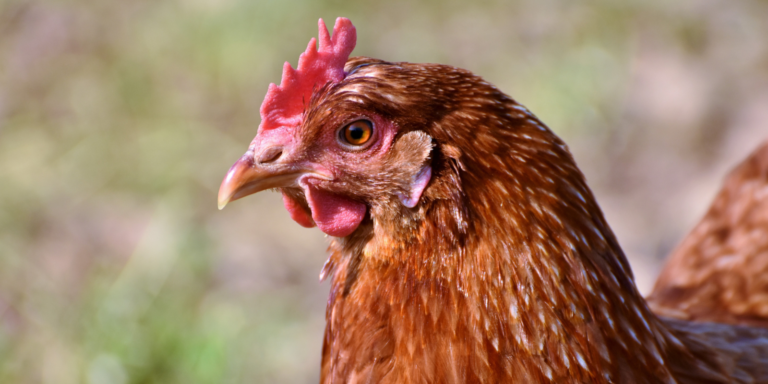
TANTAN NOODLE RAKU, A Locally POPULAR RAMEN RESTAURANT, goes CAGE-FREE!
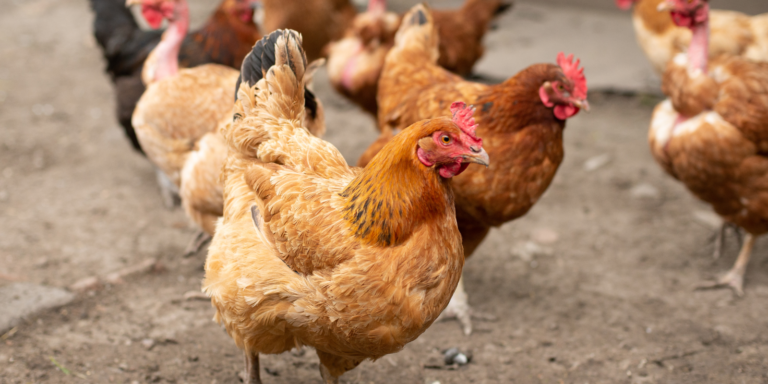
STARTING FROM CAGE-FREE; CAFE KOBOREBI’S SOCIAL CHANGE
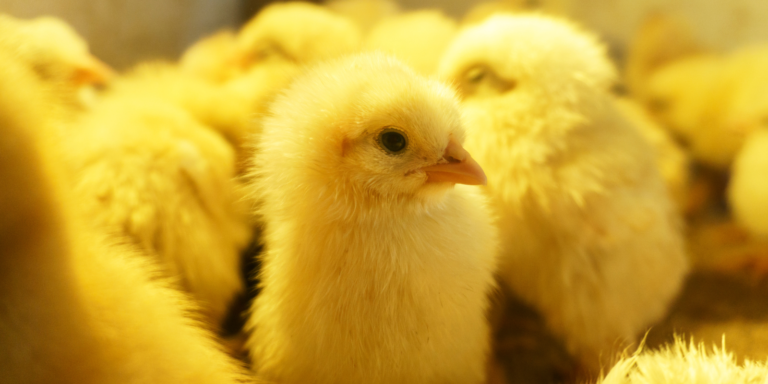
Subsidies for In-Ovo Sexing Methods Increased to 500 Million Yen
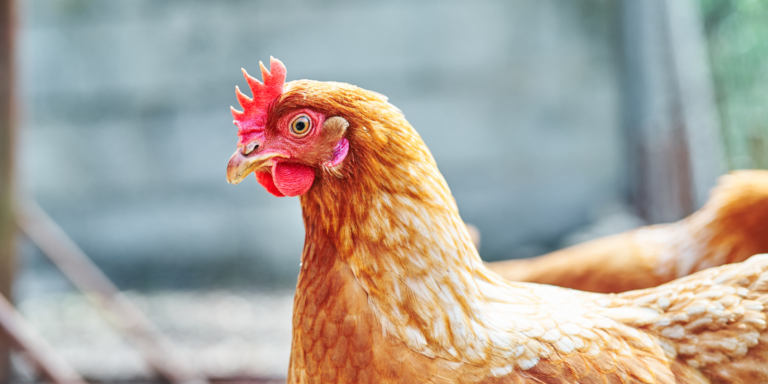
Aiming for a Future of 100% Cage-Free: Two Sustainable Confectioneries
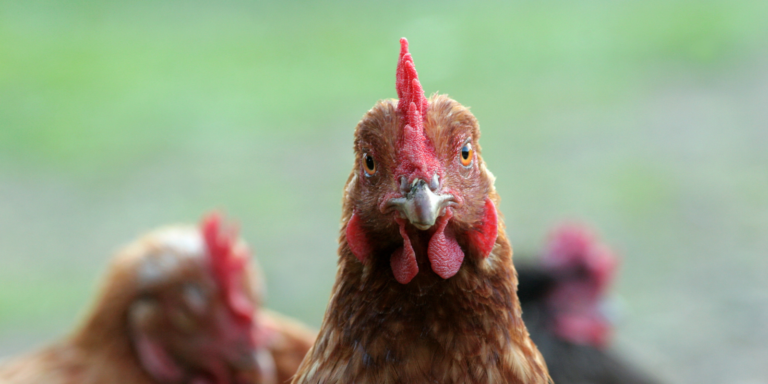
Ninjin CLUB home delivery is earth-friendly and cage-free!
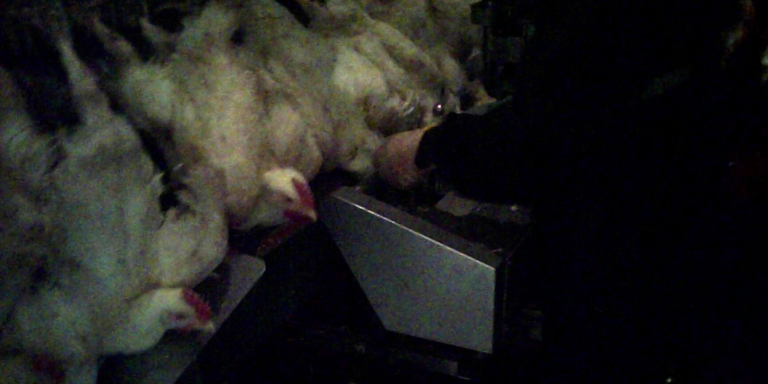
616,864 Chickens Boiled Alive – Conditions at Japanese Poultry Slaughterhouses
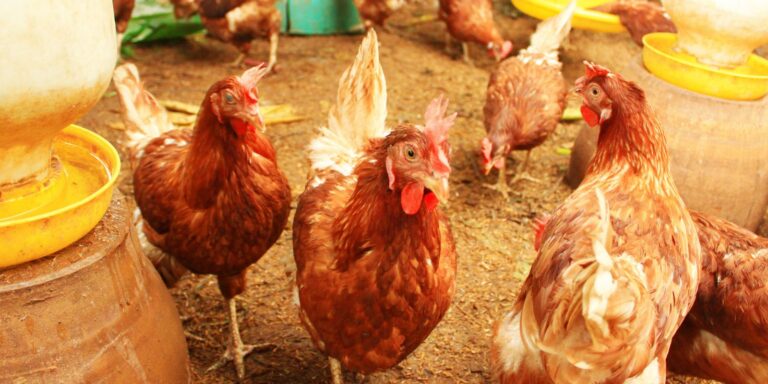
Aoioto in Ibaraki Prefecture will make the transition to cage-free by 2025

Supermarket “Nagomi Marche Kikuya” made cage-free promise toward future

The nature-oriented pension Evergreen in Nagano is cage-free.
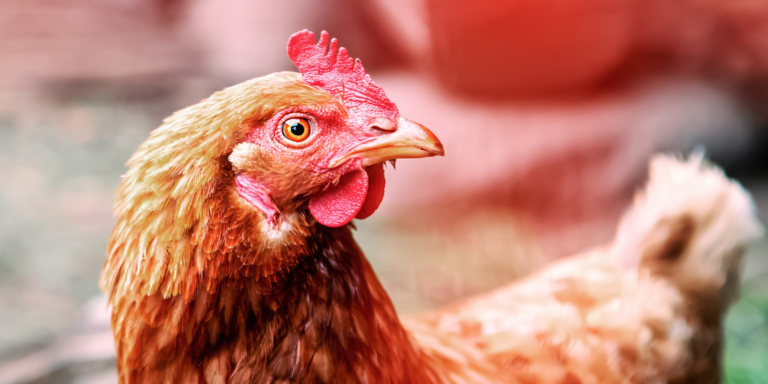
Chiba Prefecture Children’s Center Starts Cage-Free School Meals!

Percentage of Cage-Free Chickens in Japan Is 1.11% While Other 98.89% Are Cage Raised: 2023 Survey Results
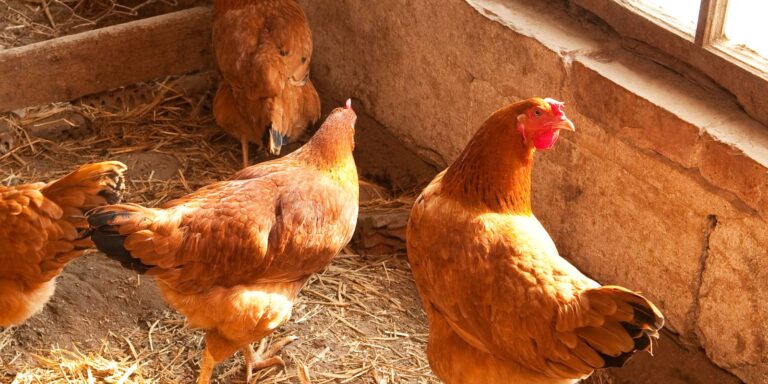
Mothers in Hokkaido,Announces Cage-Free Commitment
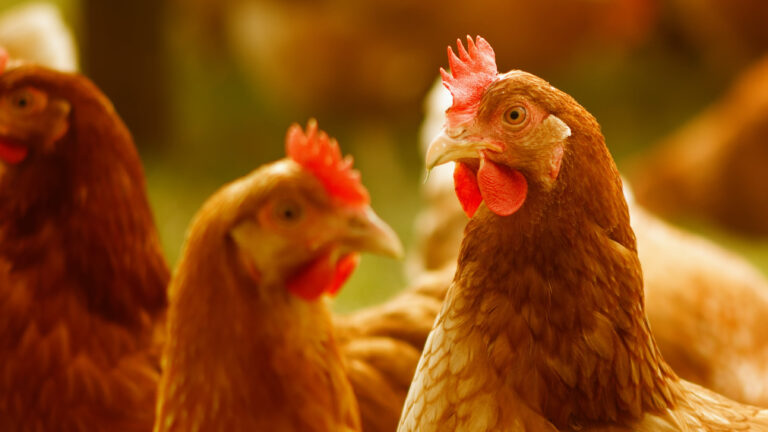
Traditional Department Store Embraces Animal Welfare Initiatives
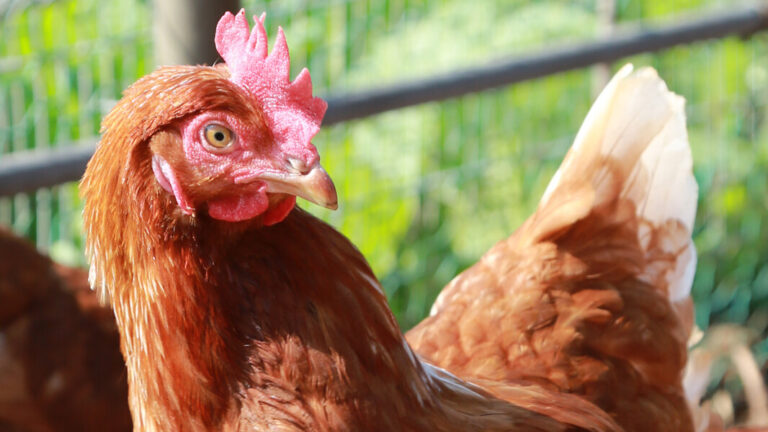
Cafe Seaside Table Egg commits Cage-Free egg, Specializing in Menus Featuring Free-Range Eggs
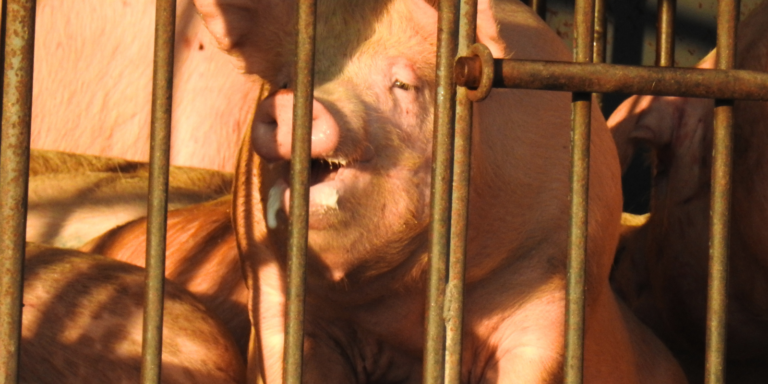
survey revealed animals in Japan are denied drinking water at 38% of cattle, and 72% of pig slaughterhouses
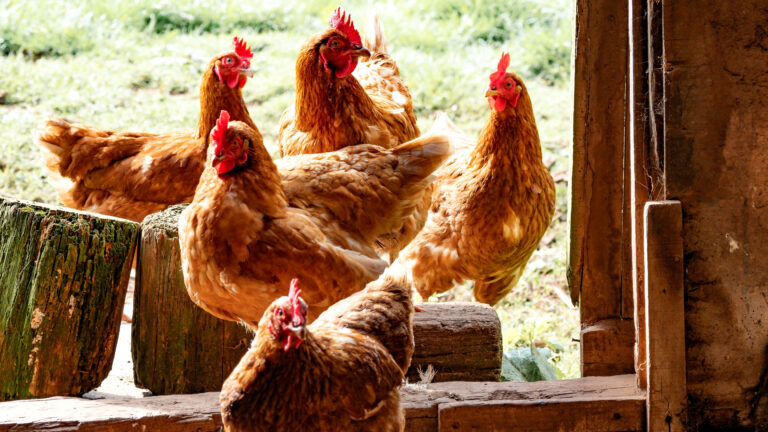
Consumer-friendly supermarket Akidai begins selling cage-free eggs!
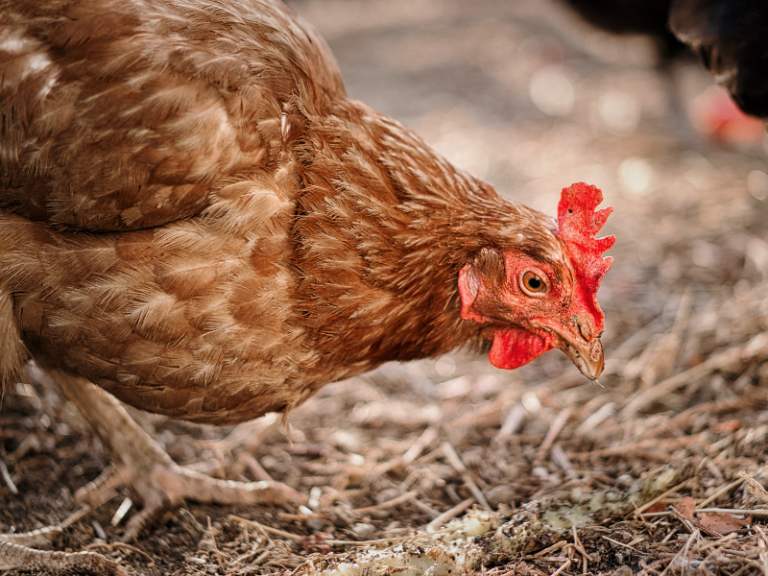
Cafe ‘Good Habit’ Commits to Cage-Free Eggs: Striving to Be an Entity That Does Not Oppress the Planet and Animals
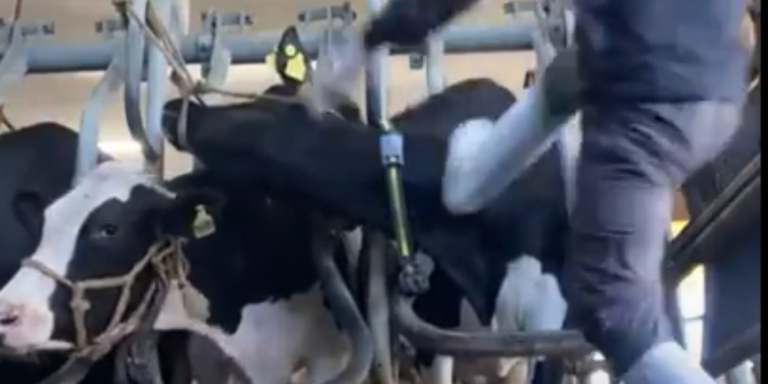
First-Ever Prosecution for Livestock Abuse: Dairy Cows Abuse in Shimane

Violence Against a Dairy Cow in Shimane: Who’s Drinking Her Milk?

Japanese Companies Align Their Stance Toward Gestation Stall-Free; Marudai Food Mentions Imported Goods
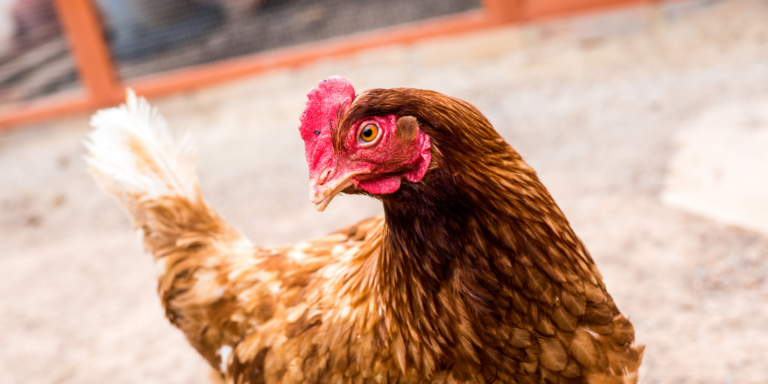
Cafe Fuwa-Fuwa, a pancake specialty restaurant, committed to cage-free!

FACT CHECK: Parliamentary Witness’ Answer “Marbled Beef Has No Animal Welfare Issues” is False
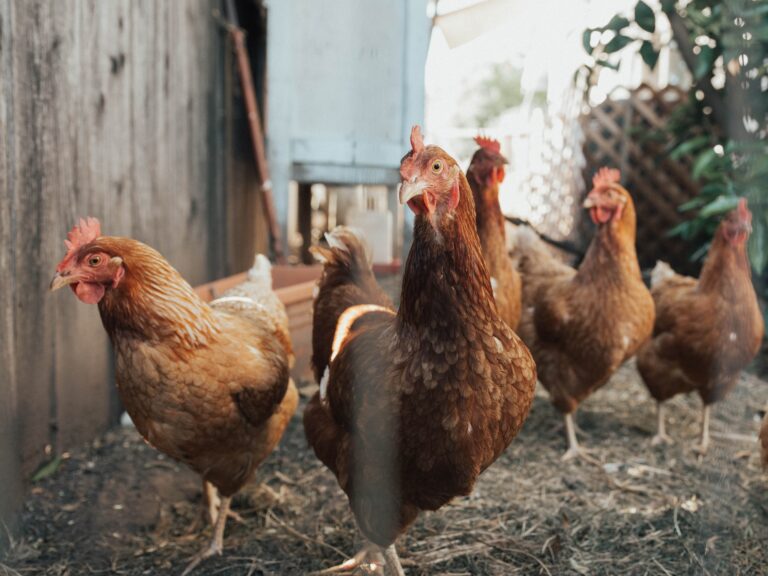
Yubara Onsen Hakkei, a Gourmet Ryokan in Okayama Prefecture, is Cage-free!
